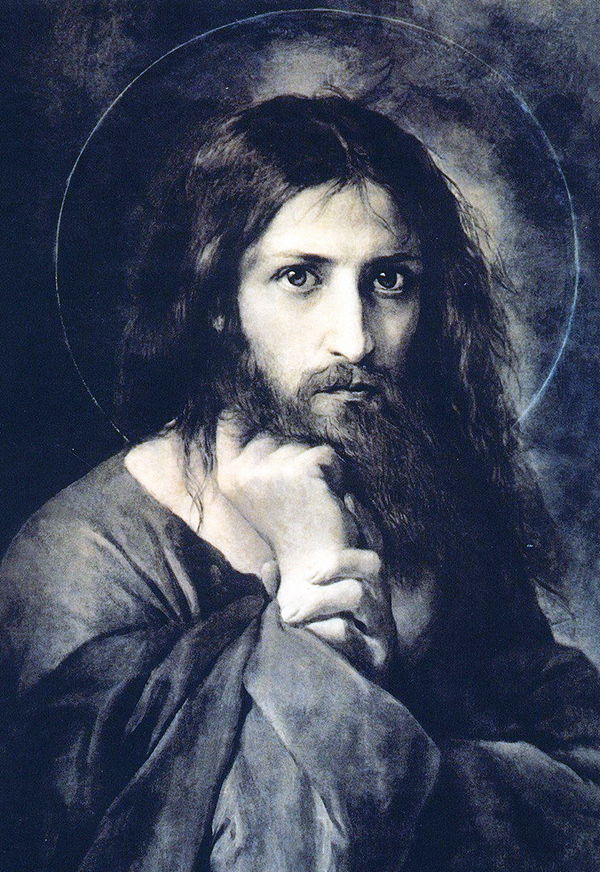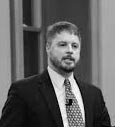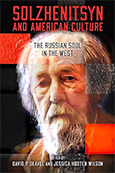The Lord Is Good, Safe ... and Dangerous
- DAVID DEAVEL
Jesus is the only final safety we have in the world.
 Image by 4222320 from Pixabay.
Image by 4222320 from Pixabay.
We need to convey that truth. But we also need to convey that what He asks of those who want this safety is something that is simultaneously absolutely dangerous to us here and now, in all senses of the word.
A friendly acquaintance on X—the social media platform formerly known as Twitter—was describing how Jesus created "safe spaces" for those around him. She's a successful founder of a classical academy and a serious Protestant Christian. The Lord, she insisted, always made people feel safe. Was she right?
I understood what she was going for. As a classical Christian educator, she has an interest in creating an environment in which students can learn by trying out ideas freely. She wants teachers who can build the trust of these students that they will be taken seriously and will not be punished for getting things wrong—even if they misunderstand serious moral and theological ideas. And she wants to connect what she's doing to what Jesus the Teacher does for us.
Yet I couldn't resist arguing with her about this since I don't think she appreciates what "safe space" means now. In today's parlance, "safe spaces" are the exact opposite of what she's talking about. Safe spaces are not where one can be free to get things wrong. Safe spaces are where one is not allowed to say things that contradict the current narratives. In other words, a modern "safe space" for discourse is one in which students are not allowed to hear thoughts such as: men cannot be women and vice versa, same-sex sexual behavior is not morally okay and opposite-sex sexual behavior is not morally okay outside of marriage, and Jesus is the Lord above all other lords and the only way to salvation. All such ideas—and many others like them—are not allowed to be said because they make people feel "unsafe."
In other words, what she and I both want is not a safe space in the modern sense, but an unsafe space where people can say things that are actually offensive to modern ears. A space where students can say dumb things on their way to understanding and a space where teachers can say the true things that will no doubt be offensive to many ears just as our Lord said so many things that made those around him feel "unsafe."
What I really don't like is describing Jesus as "safe." My conversation partner was insistent that Jesus is safe in an ultimate sense. His love is unconditional and lasts forever. He can be trusted with our darkest secrets. He will not reject us for our faults. He will be faithful to forgive us if we repent of our sins. All of this is no doubt true.
But in the modern sense, Jesus is certainly not safe. He did not refrain from saying things against the current narratives of his time, especially as they related to moral behavior. His tagline was "You have heard it said ... but I say unto you." The "I say unto you" part was where he went further and deeper than the Law of Moses. Divorce? No dice. Adultery? Even lustful thoughts are sinful. Love your friends? Love your enemies.
This stuff certainly isn't safe. In fact, in the recent jargon, it's downright "judgy." He preached it not just to the Pharisees who were out to trip him up but to the crowds gathered to hear him—the poor and those on the outskirts of Jewish life and practice.
The Lord did not tailor his words to what sounded "safe" to his hearers either in an earthly sense or a spiritual sense. When it came to earthly safety, He said that following Him would cause ruptures in relationships with their families. He told them that it would be the occasion for persecution. He said they would have to "take up their crosses" and follow Him. What could that have meant to them? Certainly, it did not mean safety in any earthly sense.
But even in a spiritual sense, the Lord does not offer safety except in the most ultimate sense. The spiritual consequences of following Him are that Christians must be willing to die to themselves daily. To receive His love, they must be ready to do spiritual violence to themselves in order to root out sin and disobedience from their lives. "In your struggle against sin," we read in Hebrews 12:4, "you have not yet resisted to the point of shedding your blood."
Even for those who have made progress in rooting out sin from their lives, there is no easy prospect ahead. The history of the great saints shows that becoming holier means that one's share in Christ's Cross does not get shucked off. Instead, it becomes greater. Many, such as St. Teresa of Calcutta, have experienced a great sense of desolation very much like that our Lord felt while bearing the sins of the world. They walk in a dark valley guided only by the faith that Christ is Himself leading them and has been here before. To receive the Lord's love is to accept His methods of helping us grow up into the kind of beings He wants us to be. Dorothy Day liked to quote Dostoevsky: "Love in action is a harsh and dreadful thing compared with love in dreams."
My friend is not wrong. Jesus is the only final safety we have in the world. We need to convey that truth. We need to convey through our words and our actions the powerful love that He offers in its gentleness, its forbearance, its willingness to seek out the lost and put up with their hostility. Love may be harsh and dreadful, but not all harsh and dreadful people are so because they are loving.
We need to convey the full love of God that is ultimate safety, love when we are yet sinners, and patience. We also need to convey that what He asks of those who want this safety is something that is simultaneously absolutely dangerous to us here and now, in all senses of the word. C.S. Lewis gets it right when he describes Aslan, the Son incarnate in a differently imagined universe, as "not safe but good."
 This is J. Fraser Field, Founder of CERC. I hope you appreciated this piece. We curate these articles especially for believers like you.
This is J. Fraser Field, Founder of CERC. I hope you appreciated this piece. We curate these articles especially for believers like you.
Please show your appreciation by making a $3 donation. CERC is entirely reader supported.

Acknowledgement
 David Deavel. "The Lord Is Good, Safe ... and Dangerous." The Catholic Servant (September 2023).
David Deavel. "The Lord Is Good, Safe ... and Dangerous." The Catholic Servant (September 2023).
Reprinted with permission of the author.
The Author
 David P. Deavel is an Associate Professor of Theology at the University of St. Thomas in Houston, Texas, a Senior Contributor at The Imaginative Conservative, an Associate Editor at VoegelinView, a Contributing Editor for Gilbert, and an editorial board member for Logos: A Journal of Catholic Thought and Culture (for which he was editor in chief for six years). A past Lincoln Fellow at the Claremont Institute and the 2013 winner of the Acton Institute's Novak Award, he is co-editor of Solzhenitsyn and American Culture: The Russian Soul in the West. In addition to his academic work, his public and popular writings have appeared in Catholic World Report, City Journal, First Things, Minneapolis Star Tribune, and The Wall Street Journal. He lives in Sugar Land, Texas, with his wife, Cathy, and their children.
David P. Deavel is an Associate Professor of Theology at the University of St. Thomas in Houston, Texas, a Senior Contributor at The Imaginative Conservative, an Associate Editor at VoegelinView, a Contributing Editor for Gilbert, and an editorial board member for Logos: A Journal of Catholic Thought and Culture (for which he was editor in chief for six years). A past Lincoln Fellow at the Claremont Institute and the 2013 winner of the Acton Institute's Novak Award, he is co-editor of Solzhenitsyn and American Culture: The Russian Soul in the West. In addition to his academic work, his public and popular writings have appeared in Catholic World Report, City Journal, First Things, Minneapolis Star Tribune, and The Wall Street Journal. He lives in Sugar Land, Texas, with his wife, Cathy, and their children.


